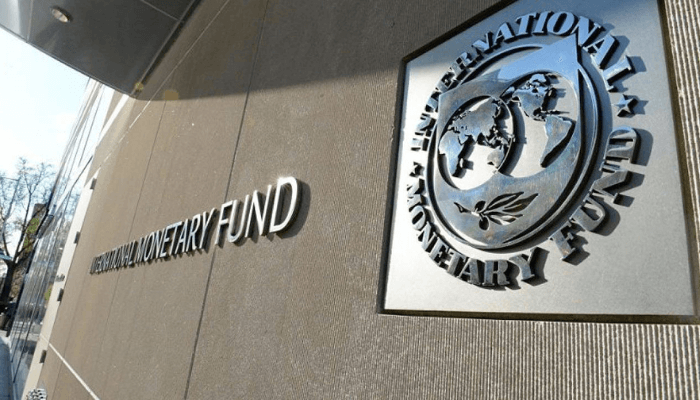The International Monetary Fund (IMF) has disclosed that financial institutions lost $12 billion to cyberattacks globally over the last twenty years.
This was revealed in a report titled ‘Global Financial Stability Report, April 2024’. Of the $12 billion, financial institutions have incurred a loss of $2.5 billion since 2020.
Read also: IMF sees inflation dropping in 2024, task central banks on price stability
The IMF highlighted that the financial sector is highly vulnerable to cyber risks and noted that approximately one-fifth of cyber incidents in the past two decades have impacted the financial industry. Banks are identified as the primary targets, followed by insurers and asset managers.
The International organisation further stated that financial institutions in advanced economies, particularly in the United States, have been more exposed to cyber incidents than firms in emerging and developing economies.
It cited JP Morgan Chase, for example, the largest US bank, which reportedly records 45 billion cyber events daily while spending $15 billion every year and employing 62,000 technologists, many of whom are focused on cybersecurity.
The IMF said cyber incidents are key operational risks that could threaten the operational resilience of financial institutions and harm overall macroeconomic stability.
“A cyber incident at a financial institution or at a country’s critical infrastructure could generate macro-financial stability risks through three key channels: loss of confidence, lack of substitutes for the services rendered, and interconnectedness,” the Washington-based lender said.
Read also: Debt servicing to gulp 14% of government revenues in Nigeria, others by 2024-IMF
As a proactive measure, the IMF urged Central Banks and authorities to develop an adequate national cybersecurity strategy with effective regulations and supervisory capacity.


